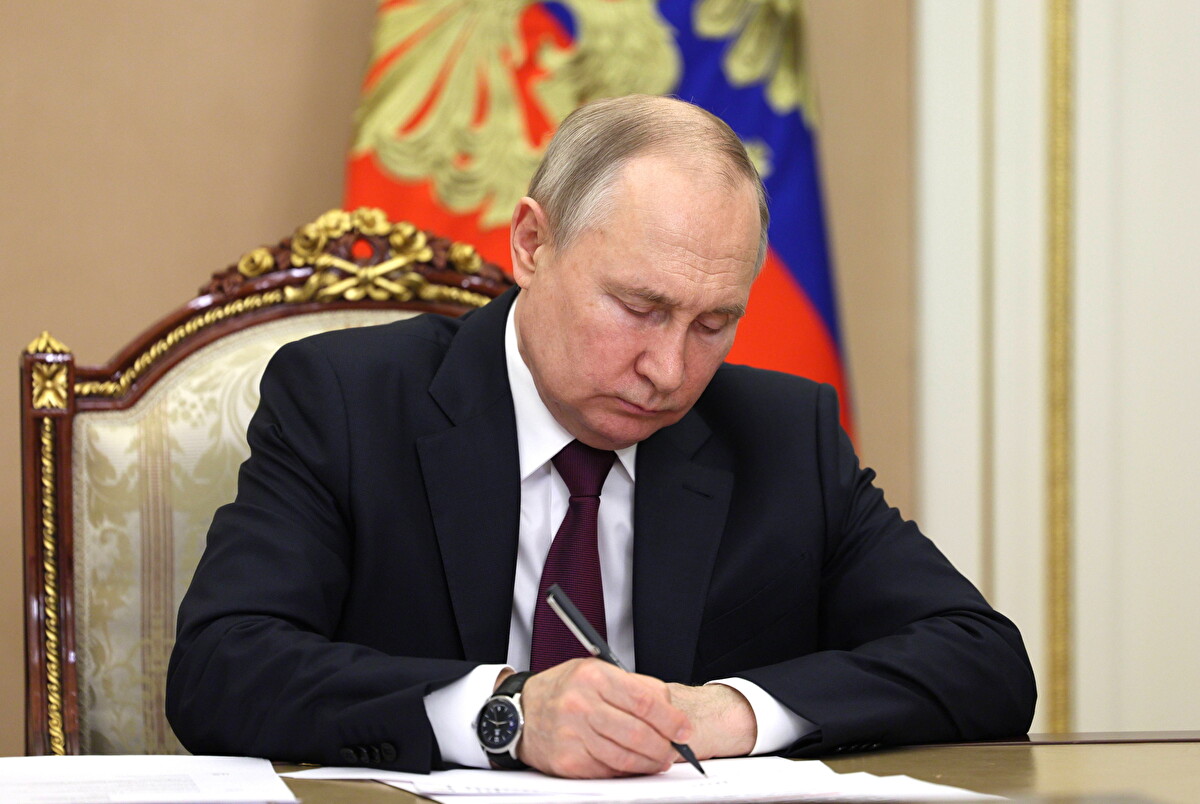Uganda, a country that already had some of the harshest anti-LGBTQ penalties, has now instituted a new law that places the death penalty among them.
President Yoweri Museveni signed one of the world’s toughest anti-LGBTQ laws and it is feared that Uganda’s move could encourage lawmakers in neighboring Kenya and Tanzania seeking similar measures as homophobia spreads and intensifies on the African continent. Same-sex relations were already illegal in Uganda, as they are in more than 30 African countries, but this law takes it one step further.
The death penalty for “aggravated homosexuality” has in particular caught the attention and the condemnation of the West, risking sanctions from aid donors.
The new law stipulates capital punishment for “serial offenders” and transmission of a terminal illness like HIV/AIDS through gay sex. It also decrees a 20-year sentence for “promoting” homosexuality.
“The Ugandan president has today legalized state-sponsored homophobia and transphobia,” said Clare Byarugaba, a Ugandan rights activist.
United States President Joe Biden called the move “a tragic violation” of human rights and said Washington would evaluate the implications of the law “on all aspects of U.S. engagement with Uganda.”
“We are considering additional steps, including the application of sanctions and restriction of entry into the United States against anyone involved in serious human rights abuses or corruption,” he said.
A presidency photo of Museveni showed him signing the law with a golden pen at his desk. The 78-year-old has called homosexuality a “deviation from normal” and urged lawmakers to resist “imperialist” pressure.
A local organization, Human Rights Awareness and Promotion Forum, and 10 other individuals later filed a complaint against the law at the constitutional court, one of the petitioners, Busingye Kabumba, told Reuters.
Museveni had sent the original bill passed in March back, asking parliament to tone down some provisions. But his ultimate approval was not seen as in doubt in a conservative country where anti-LGBTQ attitudes have hardened in recent years, in part due to campaigning by Western evangelical church groups.
Uganda receives billions of dollars in foreign aid each year and could now face adverse measures from donors and investors, as happened with a similar bill nine years ago.
In a joint statement, the U.S.’s flagship HIV/AIDS program PEPFAR, the Global Fund to Fight AIDS, Tuberculosis and Malaria, and the Joint United Nations Programme on HIV/AIDS (UNAIDS) said the law put Uganda’s anti-HIV fight “in grave jeopardy”.
The U.N. human rights body declared itself “appalled”.
The inclusion of the death penalty for offences like transmitting HIV has drawn particular outrage internationally.
A less restrictive 2014 anti-LGBTQ law was struck down by a Ugandan court on procedural grounds, after Western governments had initially suspended some aid, imposed visa restrictions and curtailed security cooperation.
“To reduce any kind of human being, irrespective of their sexuality, to a death sentence based on who they identify as and how they choose to live their lives is something that we should all feel very ashamed about as a continent,” said South African filmmaker Lerato.
“We can liken this to apartheid if not worse.”












